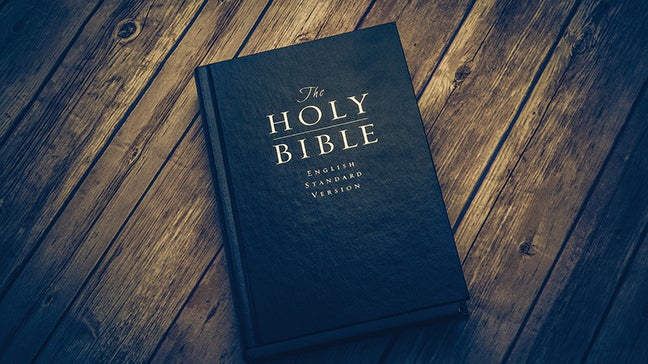‘Inappropriate’ stretches from ill-advised to criminal
Published 8:50 pm Monday, June 4, 2018
Will Morgan Freeman be the person who brings perspective to the conversation? If so, that would be a good thing.
This is a dangerous topic for any writer to address, especially a male. At long last, women who have been treated as less-than-equal — usually by men in positions of power — have found a collective voice. Enough is enough is their message. The drumbeat is loud. Suggesting a pause to ponder is, well, perilous.
Regardless, let’s start here: There are two contexts that don’t lack for clarity.
One is the quid pro quo. The male in these situations holds the keys. The female desires a role in a movie, a job or a promotion or a raise at work — something within a male’s control. The male, in turn, offers a deal — what you want for what I want. That constitutes predation, pure and simple.
The second clear context is force. Too often people, especially young people, don’t understand what rape really is. It’s not losing control, getting carried away or getting signals mixed. In Mississippi, rape, along with arson, murder and kidnapping, is one of four capital crimes. Rape is not about a sexual relationship. It’s one person’s violent behavior being inflicted on another.
There’s a third situation. It’s pretty bad, but still doesn’t rise to the level of quid pro quo or assault. It is persistent hounding, usually in the workplace. Comment after comment. Remark after remark. It goes beyond teasing and reaches the realm of harassment.
Among the dozens of accused men — usually well-known in the worlds of entertainment, news or politics — most have been cited for varieties one, two or three. No problem with that. They deserve the disgrace, or worse.
But there are other reports — usually described as “inappropriate” actions. That’s where better definition is needed because any action that gives offense is, technically, inappropriate.
Morgan Freeman is the highest-profile Mississippian to stand accused. On CNN, Chloe Melas and An Phung reported they’d interviewed 16 people, eight of whom said they were witnesses or victims (powerful word) to what some called harassment or inappropriate (yes, there it is) behavior by Freeman.
Initially, the celebrity superstar responded with an apology saying, in essence, he regretted ever causing anyone discomfort. Then came a 10-page letter from Freeman’s Los Angeles Attorney to CNN demanding a retraction and apology for statements in and inferences created by the story. CNN responded, standing by its report.
Under Mississippi law, offering an opportunity to retract is a required preliminary to a defamation suit. Freeman hasn’t indicated he will sue the network, but has made clear he believes carving another notch in their journalistic plaudits was more important to the reporters than the truth.
“All victims of assault and harassment deserve to be heard,” Freeman told The New York Times. “But it is not right to equate horrific incidents of sexual assault with misplaced comments or humor.”
Such equating is the problem. Say Person A drives past a branch bank and wishes he were rich. It’s bad (inappropriate) to covet wealth, but Person A is not the same as Person B who gets a gun, puts on a mask and commits a robbery.
It’s bad for a man to make a comment that a woman receives as overly flirtatious, suggestive or demeaning. But it’s not the same as offering (explicitly or implicitly) a trade or grabbing, groping, drugging or haranguing.
“I also want to be clear,” Freeman said. “I did not create unsafe work environments. I did not assault women. I did not offer employment or advancement in exchange for sex. Any suggestion that I did so is completely false.”
It may well be that the public already assigns degrees of blameworthiness — pays attention to specific accusations and gauges some behaviors as worse than others. The world of commerce, however, isn’t into risk-taking.
Whether they truly deserve it or not, a purge is the order of the day for men who stand accused of any type of inappropriateness. And so it has been for Freeman. Visa pulled ads he voiced. Other employers also put him in the category of persona non grata.
Freeman, who is 81, doesn’t need money from CNN or anyone else. If, however, he becomes the one who brings a better understanding that “inappropriate” covers a wide range, well, that will be a good thing.
People, without regard to gender, have every right to being treated with dignity and respect. Transgressions from that standard, however, are far from equal.
Charlie Mitchell is a Mississippi journalist. Write to him at cmitchell43@yahoo.com.





